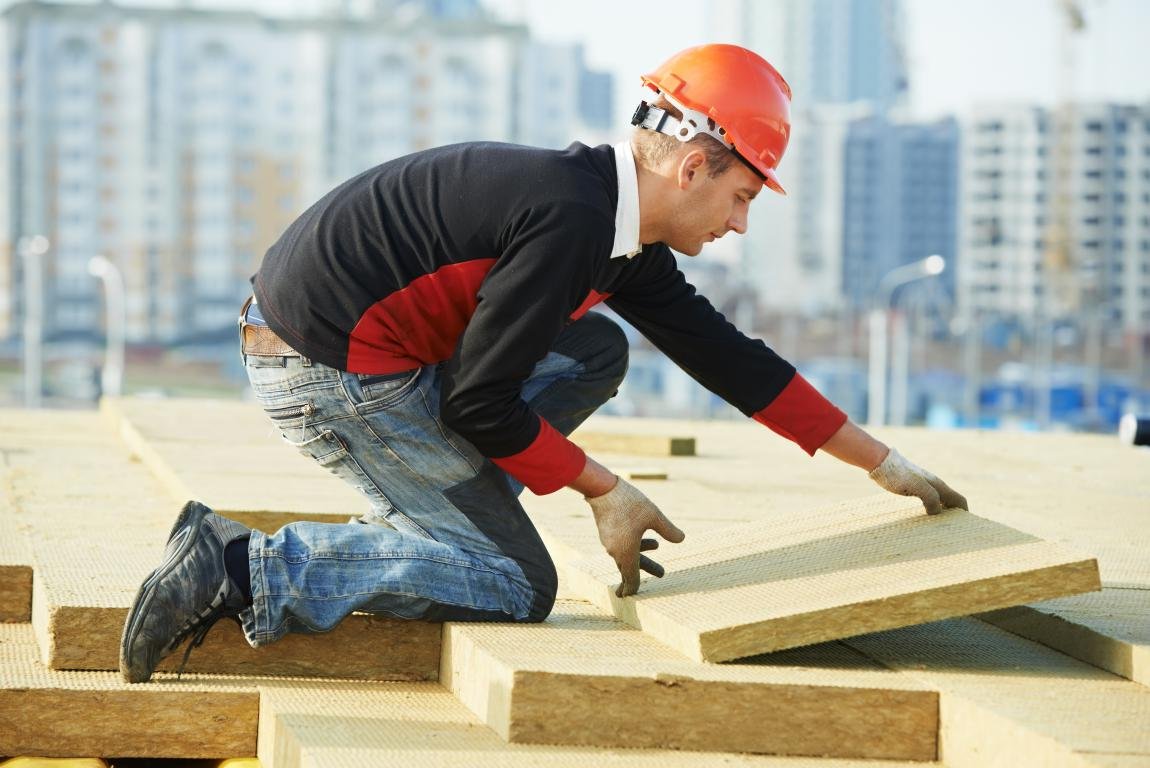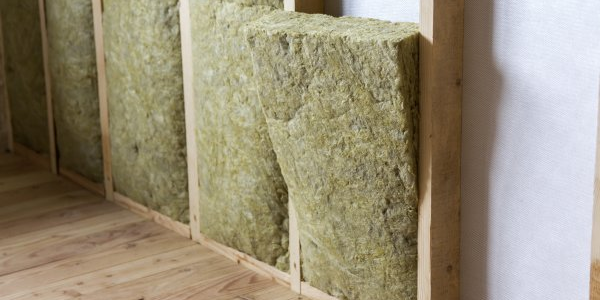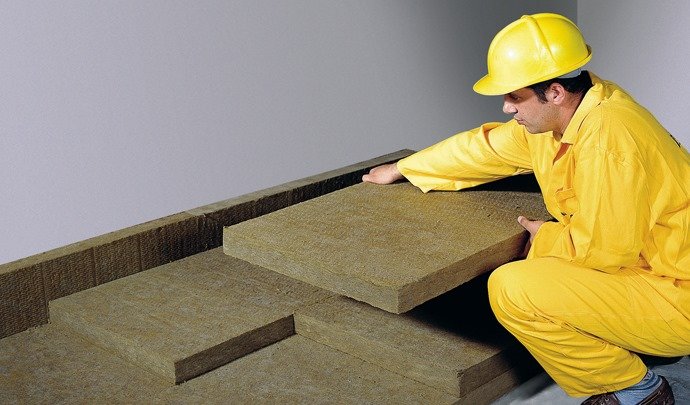
Stonewool is produced by melting minerals obtained from volcanic rocks at very high temperatures and turning them into fibers. Stonewool provides insulation from heat, sound and burns in the buildings where it is applied. Stonewool is obtained from volcanic stones, which are found in nature and have superior properties than other stones in terms of the minerals and chemical properties. It is a mostly preferred material due to its quality, durability and wide range of usage areas in insulation.



Flat Roof Boards

It is produced between 30 kPA and 70 kPA and in thicknesses between 2cm and 16 cm.
Partition Wall Boards

The very low thermal conductivity value of rockwool makes it a good thermal insulation material. Thermal conductivity value varies between approximately 0.035 – 0.040 W/mK. Usage temperature is between -50/+750°C
Ventilated Facade Boards

These are exterior cladding panels produced between 100-150 kg/m3 densities and 0.035 to 0.040 lambda. It is produced in thicknesses between 2 cm and 16 cm.
Aquistic Boards

Rock wool, which is one of the insulation materials that absorbs sound best, is used especially in acoustic arrangements. It provides sound insulation between 40-90% according to EN ISO standards.
Floating Floor Boards

Manufactured one type as high density unfaced stonewool board. Marketed in PE Shrink wraps. Used forvibration, thermal and sound insulation under basement concrete floors, floors of multi-storey buildings and under vibrating eguipment.

